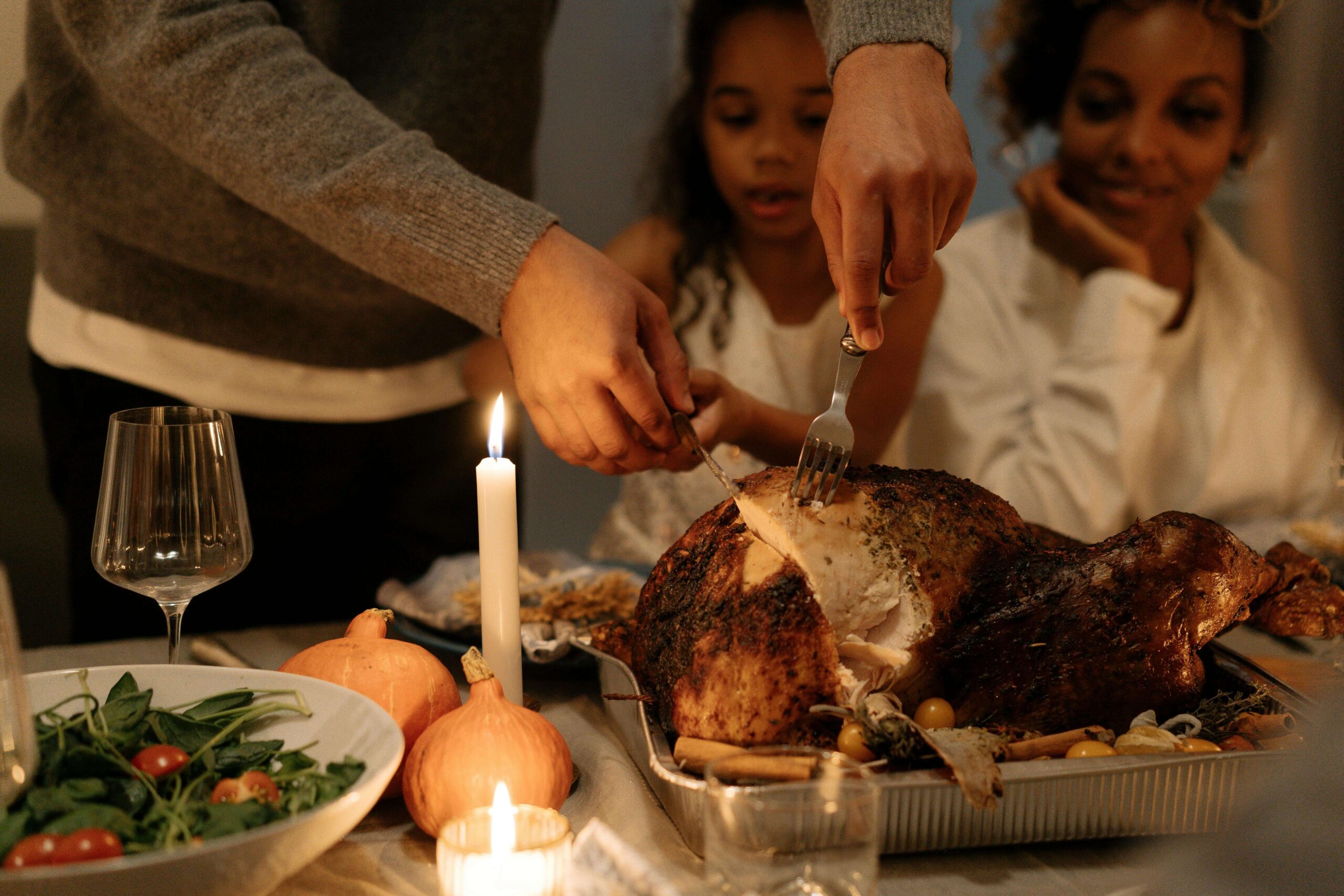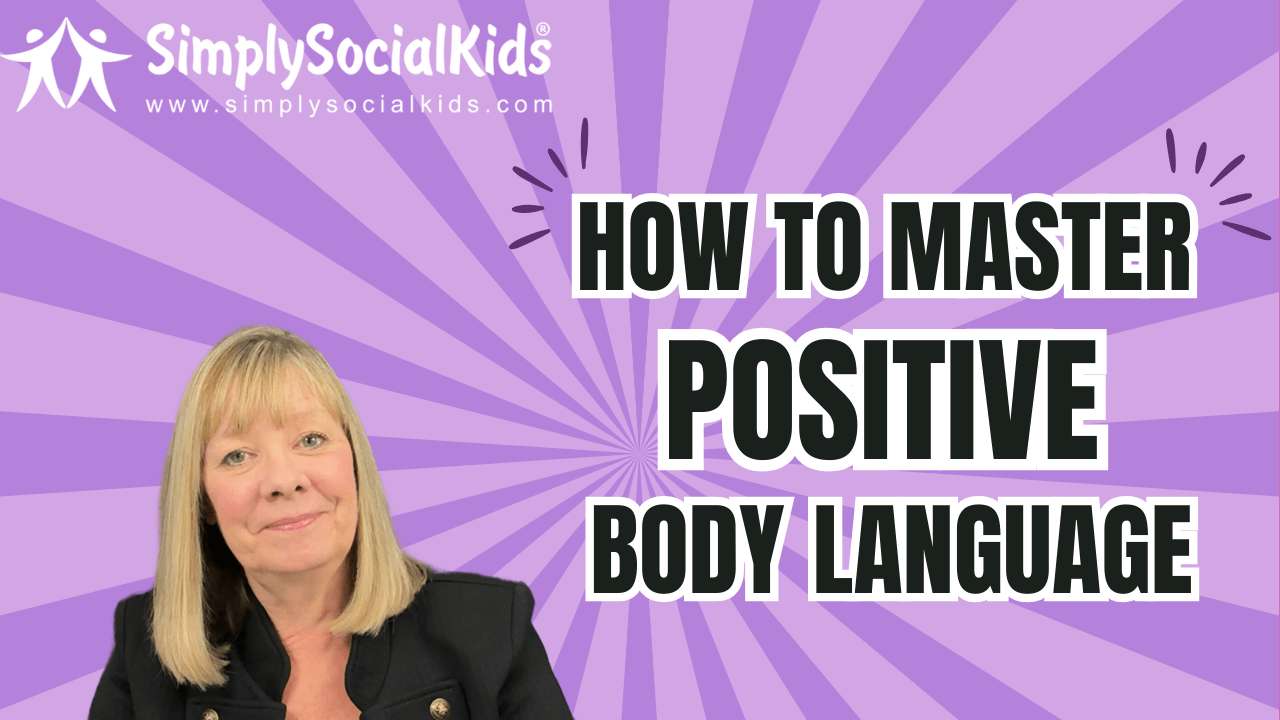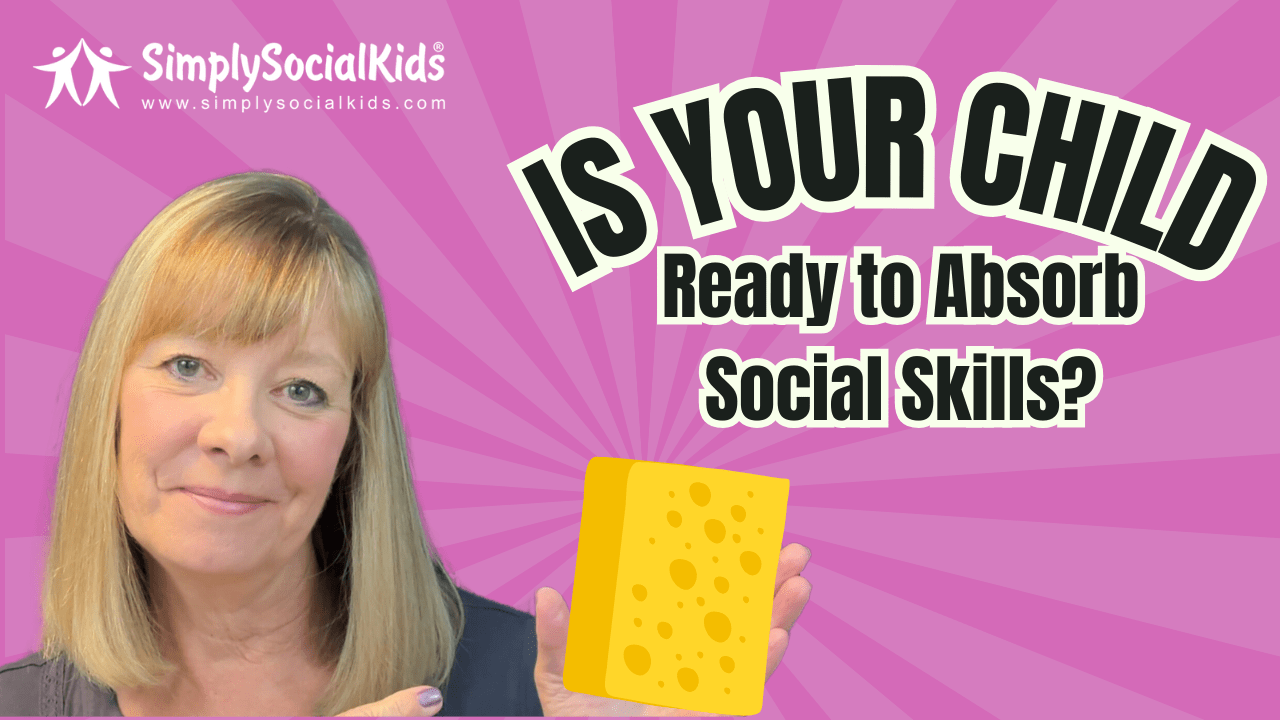
Our non-clinical approach to supporting friendships and social success is a unique one. The majority of social skills groups take place in a clinical setting and are referred to as a form of treatment. We have met kids who have participated in these types of programs, many who come to us thinking that there is something wrong with them or in some way need to be fixed.
Children who struggle socially are not broken. They struggle with a skill or a number of skills. A child who sees a tutor for math or reading is not considered broken if he or she is having some difficulty mastering those skills. As social coaches, we look for those sticky spots that are popping up for a child and work with him or her on practicing and building the skills he or she needs to connect the dots. We see the same “aha” moments when a child realizes the he or she has figured something out, the same as a child would who just mastered multiplication or tying his or her shoes.
We are often asked to describe what we do and how we do it. It is a little intangible, not driven by data and does not follow a specific process or order. We put children into a very organic situation where they come together to play together (very comparable to what an indoor recess might look like). From there, we pollinate the play with social coaching language, moving among the kids like bees, dropping an idea to try, changing a few words so that it works differently, modeling how to solve a problem, or whatever the incidental teaching moment brings to the table.
Most of the kids that we coach know what to do when asked what he or she should do, but have not found their way to be able to apply that skill or answer in the moment. And unlike a clinical curriculum, we go where the kids go. We ask them a lot of “what do you think?” questions to get them thinking about the social path to take or to bring their social knowledge out and apply it right there, in the moment that it happens.
When bees pollinate, things grow. When people pollinate, people bloom too.



